A company called Ring recently unveils a drone security camera that flies around inside your house. The flying security camera could capture footage of every room from any angle.
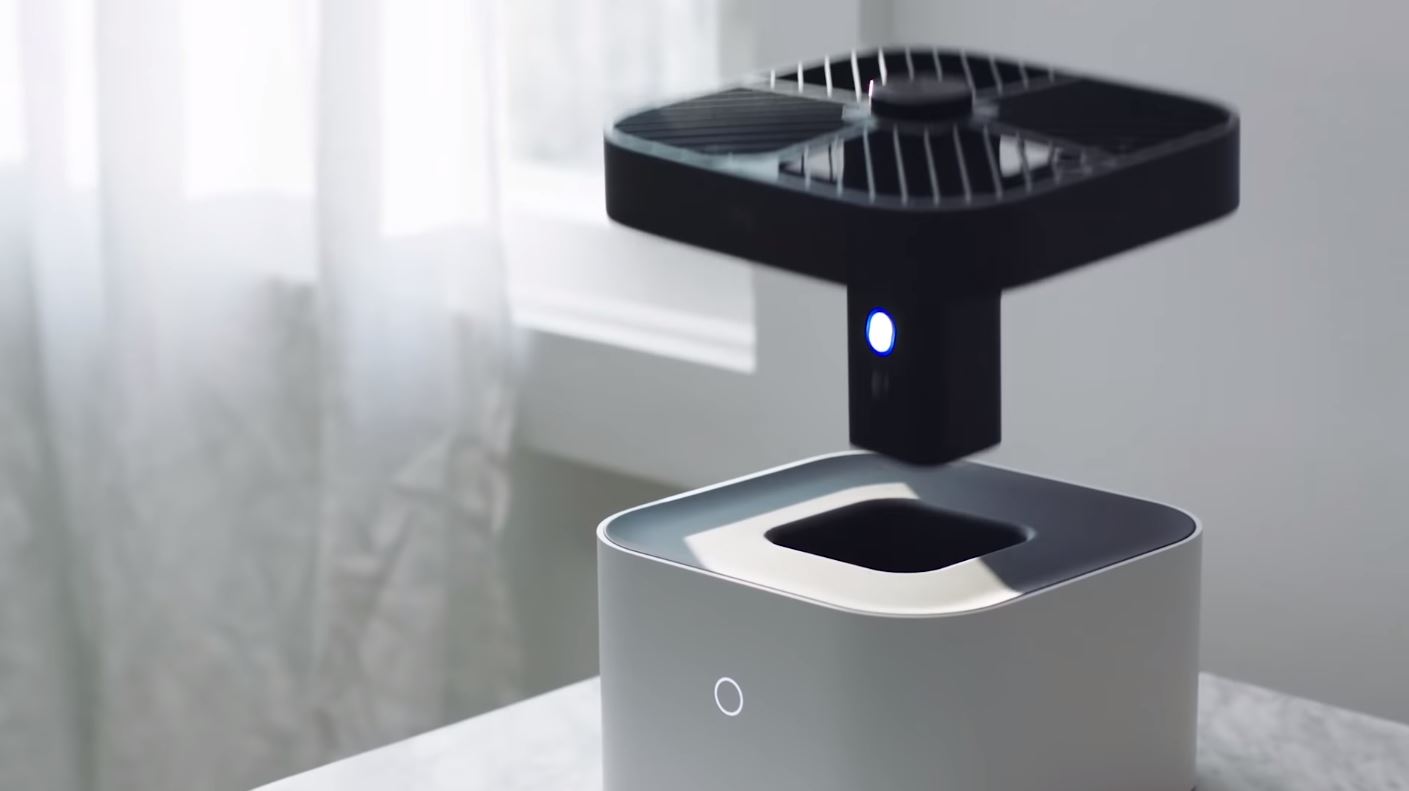
The main goal of the invention is to give homeowners full video coverage of their house without having to install multiple cameras in every room. Also is to make the owner feel safe without having to worry whether there’s an intruder in your home or whether you left the oven on, or if you are simply looking to see what your cat gets up to when you are not around in the house.
The ‘Always Home Cam’ is fully autonomous, but owners can instruct it on which paths it can take and where it can go. When setting up the device users build a map of the home for it to follow – meaning it doesn’t have to embark on a collision-filled, trial-and-error mission.
The drone has a feature where it can self avoid objects in its path, just in case you forgot to map any important walls. The drone also had the propellers shrouded in order to prevent any damages to property or painful collisions with a pet or a person.
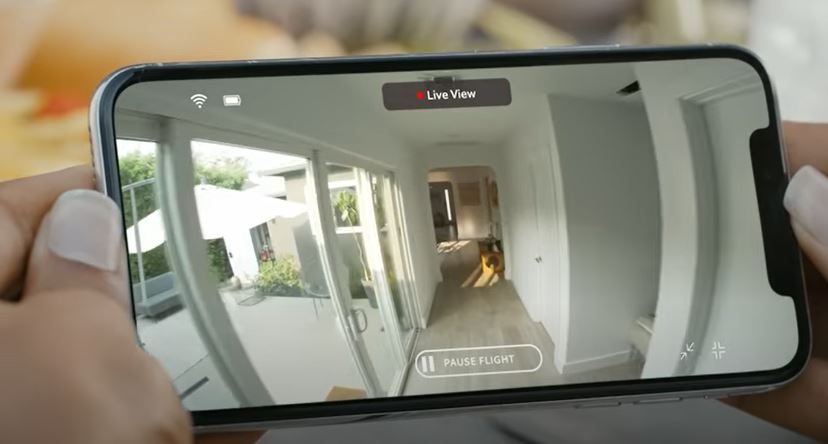
The camera that built-in the drone can be asked to capture specific viewpoints such as the kitchen or bedroom, and it can be programmed to fly when a disturbance is detected by a linked Ring Alarm system.
Jamie Siminoff, Ring’s founder and the ‘chief inventor’, said the company has been focusing on the development of the device for the last two years. He also mentioned that Always home Cam as an ‘obvious product that is very hard to build’, though noted that has been able to make it work thanks to advancements in drone technology.
When done with flying, the drone returns to its dock where it charges its battery. Ring says the drone also makes an audible noise when flying which will be heard in the footage the time of recording.
It said that the price for a drone which expected to start shipping next year is at $249.99 (1041.71). Also, the drone is currently awaiting authorization as required by the rules of the Federal Communications Commission.
Source: Unilad

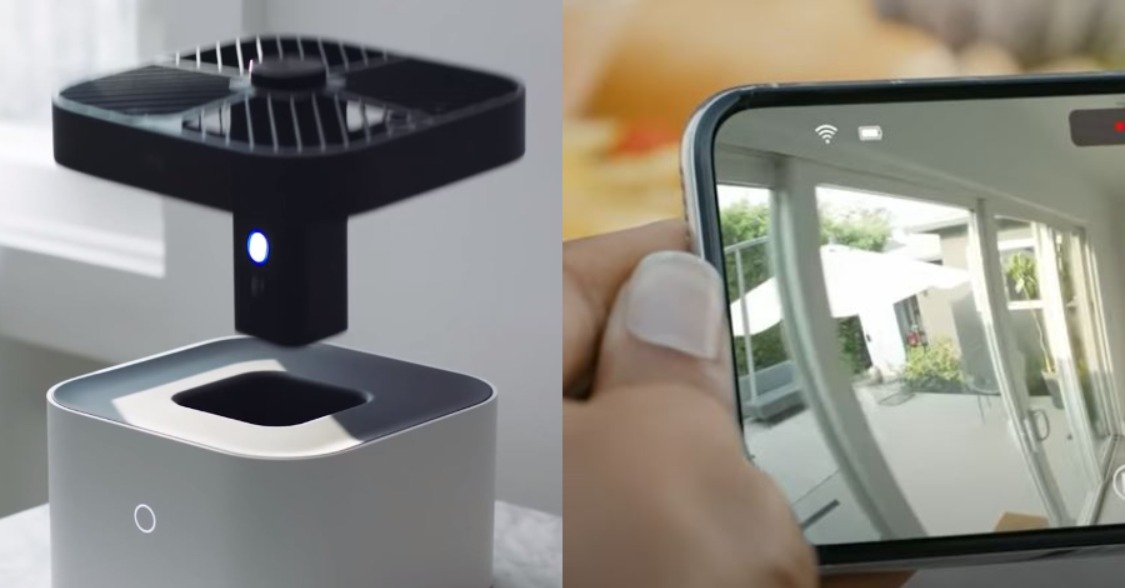

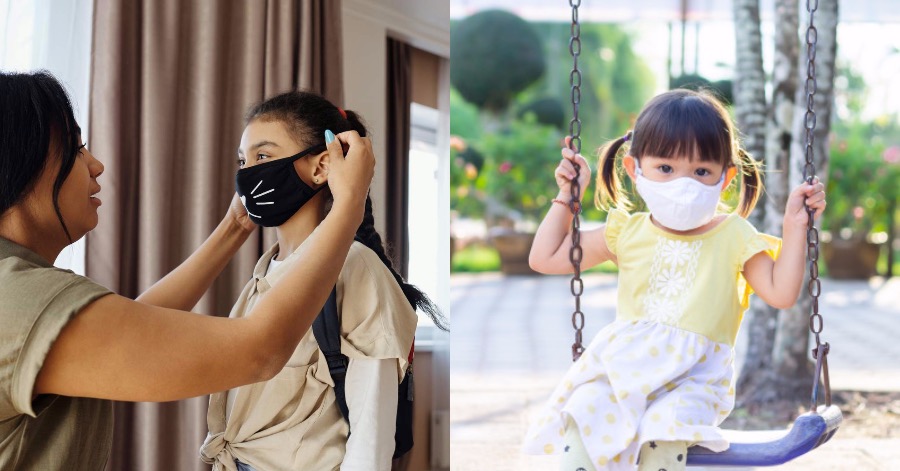
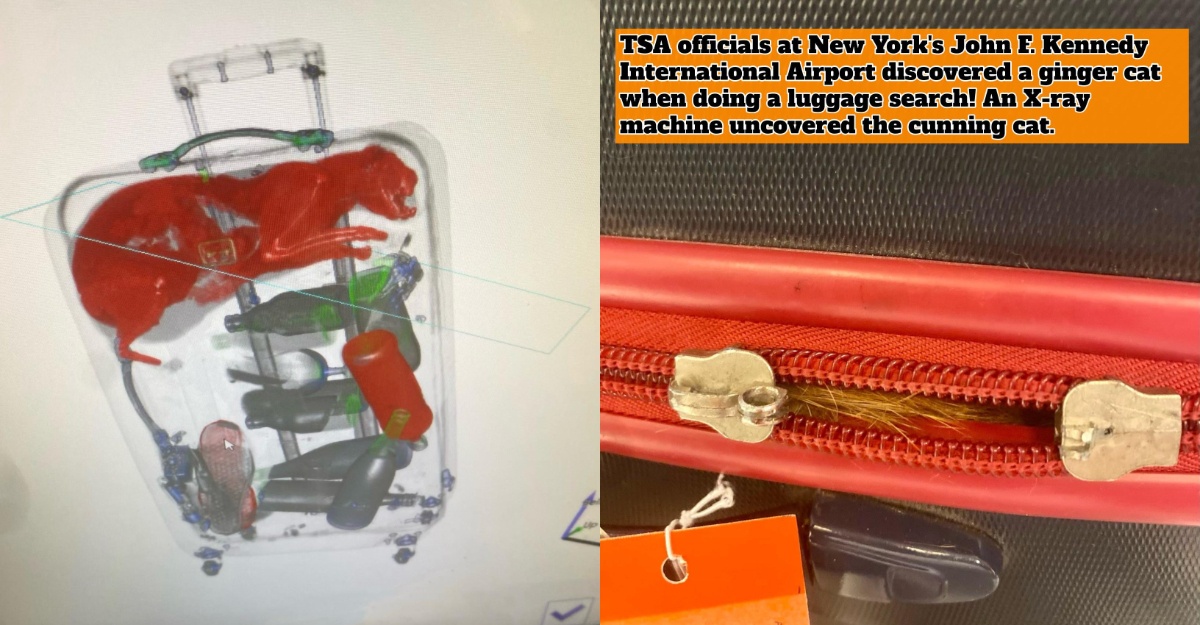


Leave a Comment